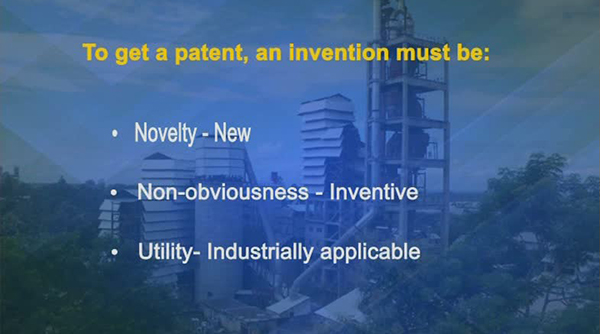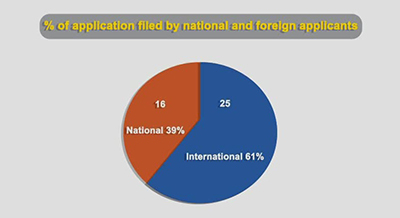 Amidst a relatively small industrial base, there has been some form of innovation and inventions happening in the country. An analysis of the trend of inventions filed during the last six years shows that Bhutanese invented more in the field of mechanical and electrical.
Amidst a relatively small industrial base, there has been some form of innovation and inventions happening in the country. An analysis of the trend of inventions filed during the last six years shows that Bhutanese invented more in the field of mechanical and electrical.
The inventions range from an electric bicycle, grain sorting machine to thread spinning machine. This is as per the update from the patent registry that facilitates registration and grant protection for inventions.
The first Bhutanese invention granted the patent was to Druk Care Engineering firm that features a safe, cost-effective, durable and maintenance free electrical grounding system. The firm that manufactures ground electrode earthing slabs has sold around 3,000 slabs so far.
The patent offers protection to the inventors by excluding others from making, using or selling the invention.
“Right now it’s too early to say about the opportunity and outcome. But it’s always safe to protect their inventions legally so that even if they are not able to produce or commercialize them. They can always license it out to industry or other production centres,” Tempa Tshering, the Officiating Chief IP Officer of Department of Intellectual Property, said.
The department registers inventions based on three requirements. The inventions have to be new meaning if it is not found anywhere in the world and inventive if it is not obvious to a person skilled in the art. And the invention should be capable of use in any kind of industry.
 The term of patent protection is 20 years from the date of filing. As of today, foreign applicants filing a patent in the country still tops the list in Bhutan. Out of the total 41 applications, foreign applicants filed 25 while Bhutanese inventors filed 16.
The term of patent protection is 20 years from the date of filing. As of today, foreign applicants filing a patent in the country still tops the list in Bhutan. Out of the total 41 applications, foreign applicants filed 25 while Bhutanese inventors filed 16.
“Although we have no control over who applies or how much people from outside apply for patent protection in Bhutan. We still have an advantage of registering all the external inventions and then enrich our database so that our local can also have access to the inventions which are filed in Bhutan and then make use through licensing and other forms of collaborations,” Tempa Tshering said.
“So indirectly it would enrich our database which means we can also make it accessible to our local population or potential inventors. That way it could stimulate invention and innovation in the society.”
As of 2018, the registry generated revenue of Nu 0.6 M as fees through patent filing since its establishment in 2012.






